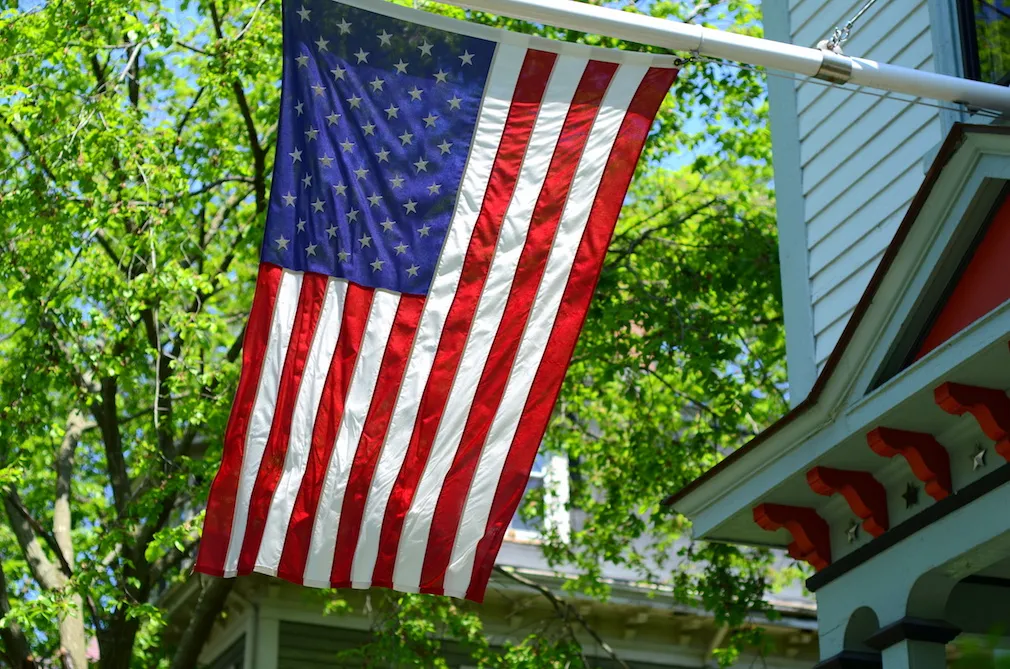These are the most attractive housing markets for younger military veterans

Millennials and members of Generation Z now make up the majority of active-duty military veterans and homebuyers, but not all cities offer good situations for them.
To this end, Veterans United Home Loans conducted a study to find out which housing markets are best for current and former military personnel in these two generations. It concluded that the most favorable markets are on the East Coast and the Midwest.
The cities in the top 10 are also close to a military base and are in states that do not tax military retirement benefits.
The city at the top of the list is Tampa. The housing market, like others in Florida, boomed after the COVID-19 pandemic began in March 2020. Although the median home price there of $424,950 is higher than all but one of the top 10 cities, the unemployment rate is only 3.6. % and the score for quality of life is number 2.
San Antonio; Cleveland; Rochester, New York; and Buffalo, New York rounded out the top five. St. Louis; Detroit; Birmingham, AL; Providence, Rhode Island; and Houston also made the top 10.
“As home prices continue to rise and interest rates double from two years ago, first-time buyers are in a challenging position,” Chris Birk, vice president of mortgage insights at Veterans United, said in a statement.
“Thanks to the Veterans Administration loan, Millennial and Gen Z veterans and service members have the benefit of lower upfront costs and no private mortgage insurance, making purchasing a home more affordable. The top ten markets offer what millennials and Gen Z are looking for in terms of quality of life, some of the most affordable home prices in the country and attractive employment opportunities for life after the military.”
Inputs for the Veterans United survey included the company’s quarterly Veteran Homebuying Report, which surveys veterans on the most important factors for buyers.
The study also takes into account a metropolitan area’s median home price, millennial and Gen Z veteran population, and unemployment rate. Because millennials and Gen Zers have a strong preference for living in big cities, the analysis was also limited to urban areas with at least 1 million inhabitants.




